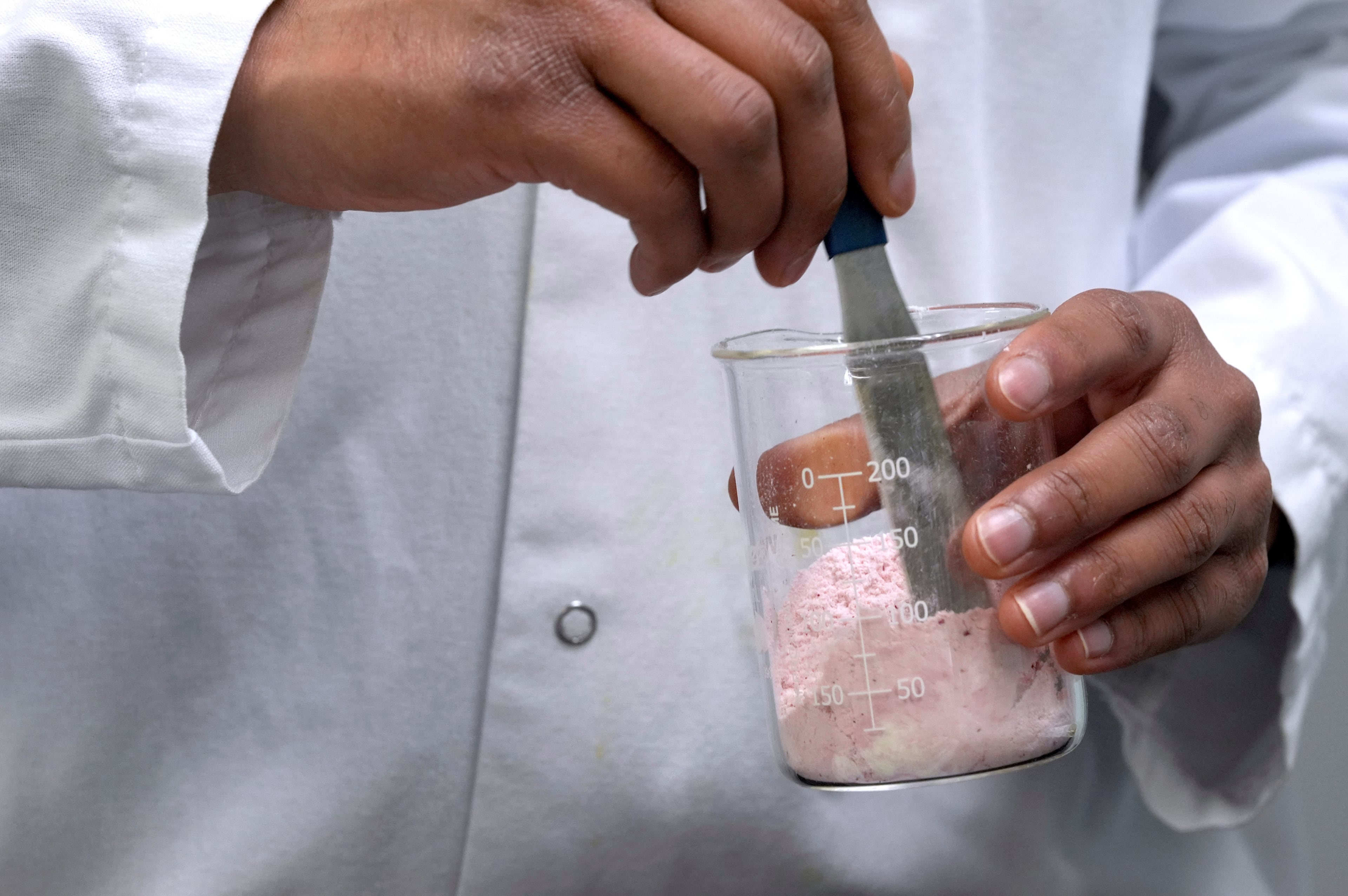Worst candy for children’s teeth, according to 3 Georgia dentists

Halloween shoppers are expected to spend $3.9 billion on candy this holiday season. For confectioners, it’s a pretty sweet deal — but behind the sugar rush lies a spooky truth. Sugar is the most common risk factor for cavities.
To get to the root of it all, The Atlanta Journal-Constitution spoke with three local dental experts about how candy impacts oral health. Dr. Ashley Curington, a prosthodontist at the North Atlanta Center for Cosmetic & Implant Dentistry in Buford, offered insights from an adult dental care perspective. From pediatric dentistry Mustard Seed in Suwanee, Dr. Yoomee Kim and Dr. Amanda Malayter shared advice tailored to kids.

Together, they revealed which candies are the worst for your teeth — and which might be surprisingly safe in moderation.
Sticky treats
The worst candies for your teeth aren’t just sugary. They’re chewy, gooey or downright sticky.
“The problem is that when people have something like a Snickers bar, where the Snickers has chocolate and it has caramel, the caramel’s the part that gets you,” Curington said.
The caramel sticks to the teeth, meaning the mouth will be exposed to the sugary candy for longer. This increases the risk of each affected tooth forming a cavity.
Caramel’s not the only culprit. You won’t find Curington giving out Laffy Taffy, Skittles or Starburst on Halloween, either. Her rule of thumb? If she can still find pieces of it stuck in your teeth five minutes after you’ve eaten, it’s too sticky — and too risky for your dental health.
“When I was giving out candy in my subdivision, I never gave out Butterfingers,” she said. “Chocolate is fine, but the Butterfinger is sticky. I never gave out suckers, because they chew the sucker, crunch it, and it sticks. I never gave out Tootsie Rolls.”
It’s not just the sticky and chewy candy that parents should be keeping an eye on. There are plenty of other snacks that can cause problems by sticking in your teeth.
“Sometimes parents think they’re doing a better job getting something like Goldfish, but Goldfish are notorious for sticking in your teeth,” Malayter said. She also suggests avoiding raisins.

Hard candy has issues, too
While sticky treats may be troublesome, hard candies also pose their own set of dental dangers. These candies can be choking hazards for small children, and can even crack a child’s tooth.
“Hard mints, or something like that, will crack the teeth hard,” Curington said. “Suckers will crack the teeth and people don’t always think about it.”
Jawbreakers, she explained, are especially risky.
One of the worst offenders? Hard candies that double as sticky treats — like Tootsie Pops, which contain a Tootsie Roll center.
“I remember, when I was in residency, our ortho adviser was saying that those were the worst because it takes so long (to eat),” Kim said.
Curington noted that some candy may become hard over time, especially when children stash their Halloween treats for weeks or months. She recommends tossing out any leftover candy after two weeks, as the sugar will harden over time.

Chocolate isn’t as bad
So what kind of Halloween candy should families hand out to trick-or-treaters? Which candy is the least likely to cause tooth decay?
“I tell everybody, look, not all candy is bad,” Curington said. “If it is chocolate, chocolate usually just dissolves off of your teeth. You eat it; it’s gone.”
According to the American Academy of Pediatric Dentistry, sugar-free gum and dark chocolate are the best ways to go. Milk chocolate is the next best thing. But it’s important to avoid chocolate candies with sticky ingredients.
“Avoid the ones with peanuts and caramel in them, because that, again, sticks on your teeth,” Kim added. Curington said Reese’s candy is fine, as the peanut butter also melts easily.
No matter what sweet treats your kids enjoy this Halloween, dental health shouldn’t take a back seat.
“ I don’t want to be the neighborhood buzzkill, so I’m not handing out toothbrushes and toothpaste,” Malayter joked. Still, she and the other experts agree: brushing and flossing are key year-round.
The AAPD recommends that children brush their teeth for at least two minutes, twice a day, and floss every night before bed. After indulging in candy, have them drink water, swishing it around to help rinse away any lingering sugar and food particles.
A little extra care now can help keep cavities — and scary dental bills — away later.



